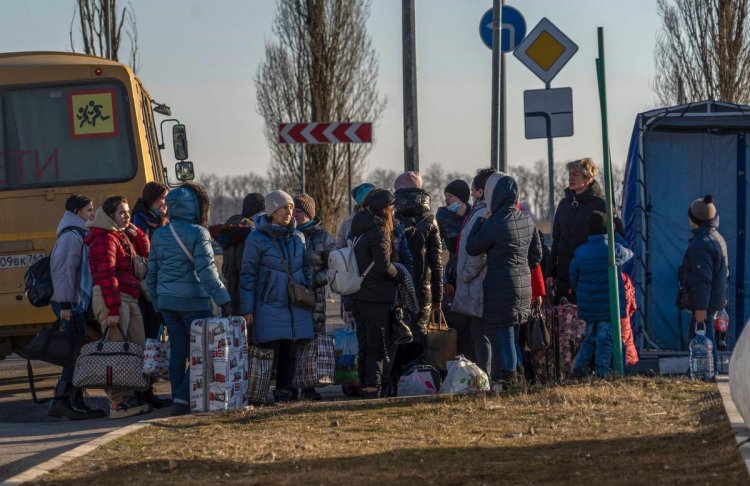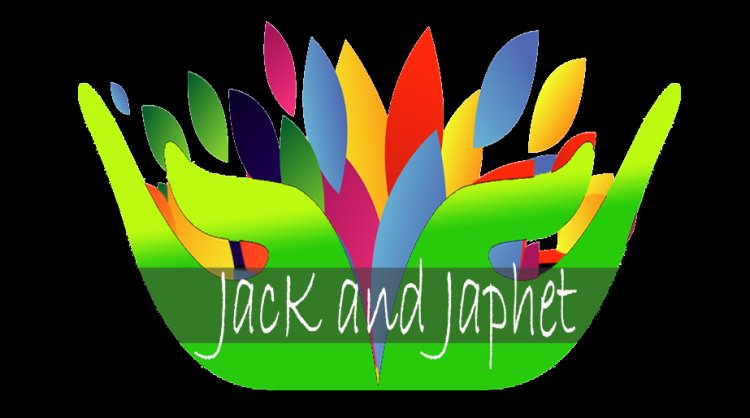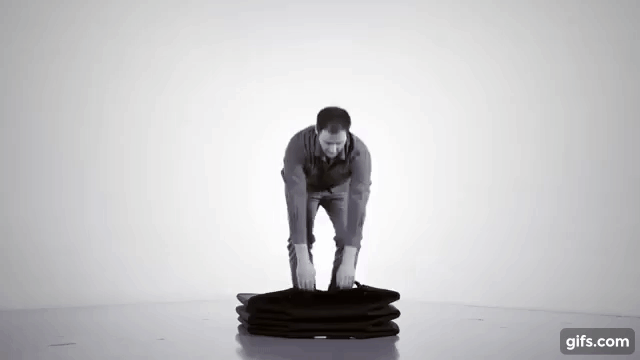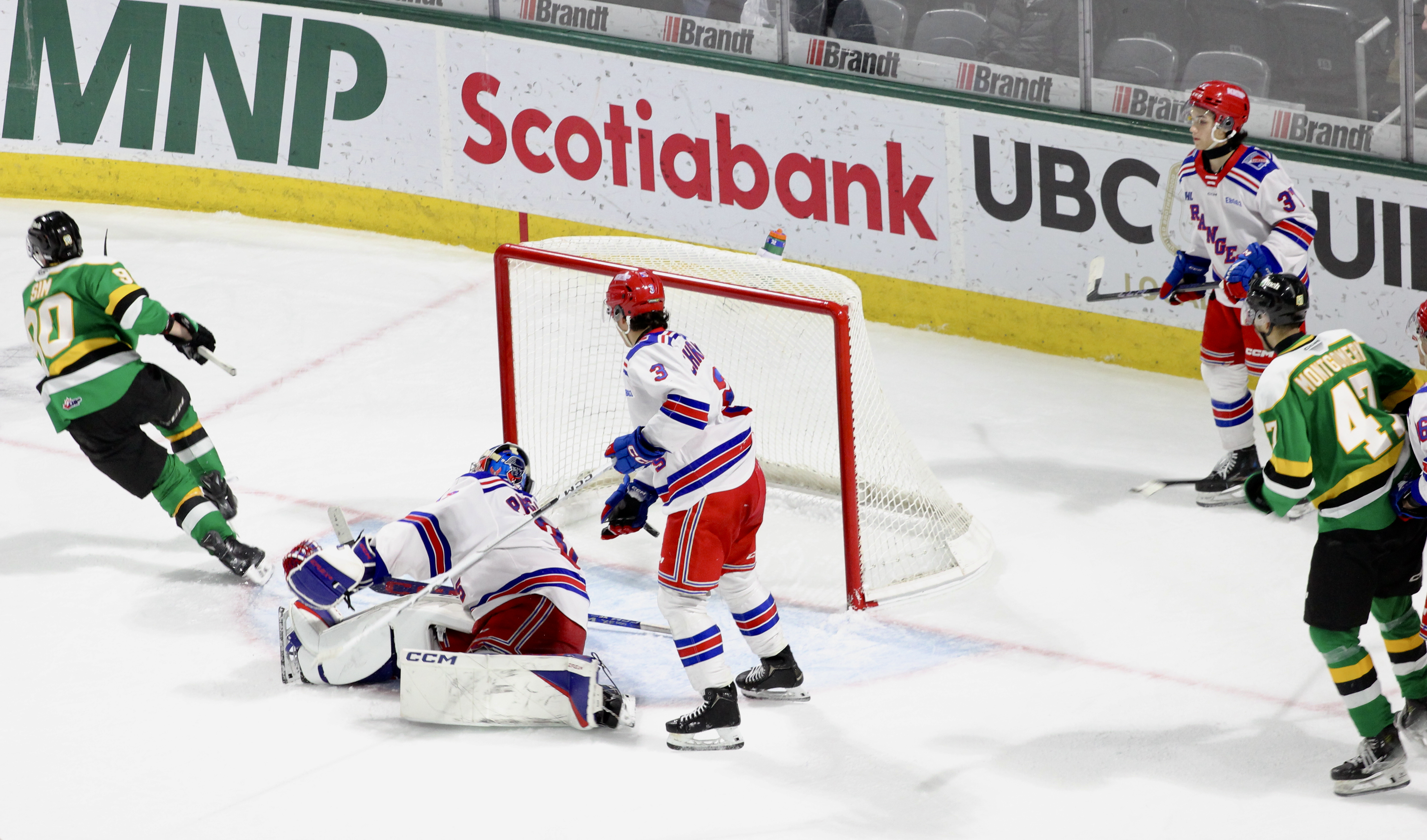Russian sanctions package prepared ahead of ‘imminent’ invasion of Ukraine
MOSCOW — Insisting that the threat of a Russian invasion of Ukraine is “real and imminent,” Global Affairs Minister Mélanie Joly said Canada and its allies have finalized economic sanctions that will severely punish President Vladimir Putin and the Russian people.“Putin needs to understand that this will hurt his people and also this will have long-lasting consequences on Russia,” Joly said in an interview with the Star. “Economically, for sure it will.”The sanctions package, which Canada has prepared in concert with the United States and the United Kingdom and others, intends to strike an initial blow against specific individuals, companies and sectors of the Russian economy, Joly said from Germany, where she is attending the Munich Security Conference.“And it will be compounded,” she added. “We will add entities to it, we will add individuals to the list as the days go on.”Joly would not say whether the sanctions package being prepared targets Putin and Russia’s political and military leadership directly, something that was proposed in a bill before the U.S. Congress that struck a nerve with the Kremlin when it was announced.The White House said Friday it plans to focus on Russian banks and state-owned companies and impose export controls to deprive Russia of technology and equipment in sectors such as aerospace, defence and high-tech.“If Russia invades Ukraine, it would become a pariah to the international community, it would become isolated from global financial markets and it would be deprived of the most sophisticated technological inputs,” said Daleep Singh, the White House Deputy National Security Advisor.The tough talk comes as U.S. President Joe Biden told reporters Friday that Putin will order Russian forces to invade Ukraine.“I’m convinced he’s made the decision,” said Biden.Joly said she has been briefed on the intelligence and “we think the threat is real and imminent.”She has negotiated assurances of safe passage assurances with Hungary, Poland, Slovakia, Romania and Moldavia for Canadian passport holders, dual citizens, family members of Canadians and permanent residents of Canada who may be required to evacuate Ukraine.On Saturday, authorities in the breakaway republics of Donetsk and Luhansk continued evacuating their own residents across the border into the Rostov region of Russia while Putin oversaw the test-firing of ballistic missiles and Belarus announced that Russian forces conducting training exercises on its territory, on Ukraine’s northern border, would not be returning to their bases as promised.In Munich, Ukranian president Volodymyr Zelenskyy likened the daily panic as the world waits for an invasion to “putting ourselves in a coffin and waiting for foreign soldiers to come in.”“It’s not good. It’s not something we are prepared to do. We are not going to advance on anyone, but we stand ready to respond. We cannot remain passive.”He also challenged those who are convinced an invasion will occur to bring in Russian sanctions before disaster befalls Ukraine.“We don’t need your sanctions after the bombardment will happen and after our country will be fired at, or after we will have no borders, or after we will have no economy, or part of our country will be occupied,” he said, recounting a recent debate with an unnamed western leader.“When you are asking what can be done, lots of different things can be done. We can even provide you the list. The most important thing is willingness.”


MOSCOW — Insisting that the threat of a Russian invasion of Ukraine is “real and imminent,” Global Affairs Minister Mélanie Joly said Canada and its allies have finalized economic sanctions that will severely punish President Vladimir Putin and the Russian people.
“Putin needs to understand that this will hurt his people and also this will have long-lasting consequences on Russia,” Joly said in an interview with the Star. “Economically, for sure it will.”
The sanctions package, which Canada has prepared in concert with the United States and the United Kingdom and others, intends to strike an initial blow against specific individuals, companies and sectors of the Russian economy, Joly said from Germany, where she is attending the Munich Security Conference.
“And it will be compounded,” she added. “We will add entities to it, we will add individuals to the list as the days go on.”
Joly would not say whether the sanctions package being prepared targets Putin and Russia’s political and military leadership directly, something that was proposed in a bill before the U.S. Congress that struck a nerve with the Kremlin when it was announced.
The White House said Friday it plans to focus on Russian banks and state-owned companies and impose export controls to deprive Russia of technology and equipment in sectors such as aerospace, defence and high-tech.
“If Russia invades Ukraine, it would become a pariah to the international community, it would become isolated from global financial markets and it would be deprived of the most sophisticated technological inputs,” said Daleep Singh, the White House Deputy National Security Advisor.
The tough talk comes as U.S. President Joe Biden told reporters Friday that Putin will order Russian forces to invade Ukraine.
“I’m convinced he’s made the decision,” said Biden.
Joly said she has been briefed on the intelligence and “we think the threat is real and imminent.”
She has negotiated assurances of safe passage assurances with Hungary, Poland, Slovakia, Romania and Moldavia for Canadian passport holders, dual citizens, family members of Canadians and permanent residents of Canada who may be required to evacuate Ukraine.
On Saturday, authorities in the breakaway republics of Donetsk and Luhansk continued evacuating their own residents across the border into the Rostov region of Russia while Putin oversaw the test-firing of ballistic missiles and Belarus announced that Russian forces conducting training exercises on its territory, on Ukraine’s northern border, would not be returning to their bases as promised.
In Munich, Ukranian president Volodymyr Zelenskyy likened the daily panic as the world waits for an invasion to “putting ourselves in a coffin and waiting for foreign soldiers to come in.”
“It’s not good. It’s not something we are prepared to do. We are not going to advance on anyone, but we stand ready to respond. We cannot remain passive.”
He also challenged those who are convinced an invasion will occur to bring in Russian sanctions before disaster befalls Ukraine.
“We don’t need your sanctions after the bombardment will happen and after our country will be fired at, or after we will have no borders, or after we will have no economy, or part of our country will be occupied,” he said, recounting a recent debate with an unnamed western leader.
“When you are asking what can be done, lots of different things can be done. We can even provide you the list. The most important thing is willingness.”




















